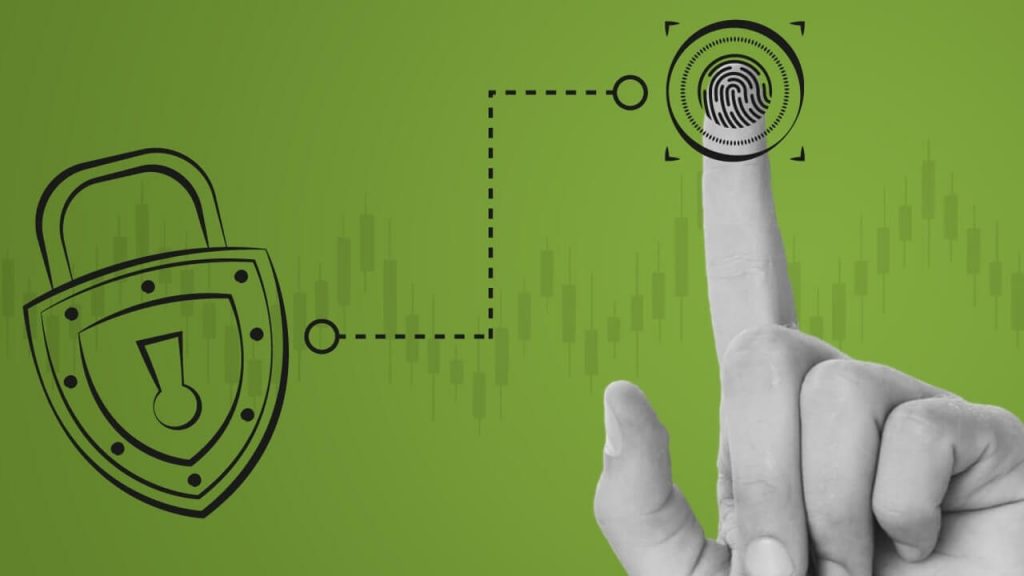Safety is always first! In a billionaire market like crypto, where there are no coins, no physical bills, and everything is online, it’s necessary to have an advanced system to protect your identity, such as the verification process.
This factor will protect you from illegal actions, scams, or money laundering, a clever way to give you confidence about your cryptocurrency exchange transactions at any time.
But, do you know what the process is about and its main benefits? Do you want to be protected? Find out everything and move forward calmly using cryptocurrencies in your financial operations.
Let’s talk about the importance of a verification process appropriate to the cryptocurrency financial market.
Cryptocurrencies represent digital assets. Thus, you do not require intermediaries for your transactions, and they belong to a decentralized market maintained by a consensus. So why a verification process?
The rise and acceptance of crypto globally, in addition to its profitability, has generated interest in millions of people. Unfortunately, it has also caught the attention of criminals.
Frequently, scammers are looking for new ways to commit crimes. In that sense, it is necessary to have a verification process to identify you as a user and rule out a person trying to falsify data.
One of the most significant advantages of this state-of-the-art system is ensuring that the funds traded do not come from illegal activities.

What are the KYC / AML regulations and their characteristics?
The KYC / AML regulations represent a series of rules directed to various entities, to protect themselves against funds originating from illicit activities.
KYC and AML are two interrelated factors, as they are both parts of the user identity verification process. These regulations have total international acceptance, for providing security and control against crime.
Each country has its own rules, however, we mention some institutions integrated into these regulations.
- Financial institutions (Banks)
- Insurance companies
- Payment services
- Investment funds
- Accountants and lawyers
- Casinos or gambling houses
- Financial advisors
- Brokerage houses
- Pension fund management
- Exchanges or exchange houses
- Postal services
- Real estate agents
- Legal advisory
- Credit unions
KYC
KYC is an acronym for knowing your customer. It is about collecting all possible information and legal documentation to verify the identity of the client.
With KYC, you protect your identity in case someone wants to seize it and scam you. How? Making sure these crypto operations are everything they claim to be.
Anyone who operates on the platform has gone through this data verification; that is, names, nationality, email, telephone number, and address, among other information.
KYT
KYT, this acronym means know your tokens or know your transactions.
This is a procedure for analyzing and monitoring each of the transactions executed in real-time. That is, each of the cryptocurrencies or tokens is analyzed to identify if they are involved in possible illicit acts.
This process also allows knowing the origin and destination of the funds. In this way, high-risk activities are identified, to protect users.
At the same time, it allows you to comply with AML (Anti Money Laundering) regulations against money laundering.
AML (Anti-Money Laundering)
All illegal activity entails damages to society, people, and companies. It Causes money laundering, which is subject to strict and mandatory compliance with activities to eradicate it.
Hence the term AML, whose initials belong to Anti-Money Laundering. They are specific verification controls between the companies to identify and prevent this serious crime.
In addition, the various institutions report on the possible suspect or potential offender to deter and avoid any fraudulent transactions.
In this process, the origin of the capital to operate on the platform is notified, declaring that its source is not illegal.
What are the main requirements for identity verification according to KYC / AML regulations?
Do you currently comply with the proper documentation for your verification process? Find out what are the requirements for identity verification according to KYC / AML regulations.
Personal ID
One of the main requirements requested will be your identity document. As a general rule, it is like your passport, national identity card, citizenship certificate, or driver’s license.
Validation and verification of the client’s address
Only with an invoice from a public service of your residence, it is possible to verify your address. Among these is the payment of electricity, telephone, gas, etc.
Verification against third party lists
This document indicates your relationship or not with any crime, police records, bank debts, delinquencies of another nature, etc.
Analysis and determination of the client’s risk levels
It is an evaluation to establish if you are prone to commit illicit acts such as identity theft, money laundering, etc.
Verification of the origin of the customer’s payments
Your account statement or latest transactions will be tracked. This verification is important to study your behavior.
Photo request meeting unique requirements for validation
Finally, a personal photograph will be requested that meets certain mandatory guidelines to validate your identity.
You may require advice to perform all these validation processes, especially if it is the first time you do them. For this, the best option is to be well informed of your requirements and thus comply with them.
In this sense, you must have training in the cryptocurrencies world from experts and professionals specialized in the subject.
At MegaAcademy, we offer you the best crypto education platform with current and high-quality content. With our Basic Course of Cryptocurrencies, you will be able to learn from the best practices for your transactions as the most reliable platforms in terms of security.
Don’t waste time and join MegaAcademy to get the best results from your investments.
Conclusions
The KYC / AML regulations include general support for your safety when carrying out any transaction with cryptocurrencies. All these rules are focused on your personal and operational well-being within any P2P platform.
But it is also an important part of the search for an ecosystem of secure transactions, with efficient platforms, free of scams, and more reliability.
Therefore, being within a crypto environment, you must verify that they have these protection systems. This will allow you to carry out secure and reliable transactions without risking your investments.


















